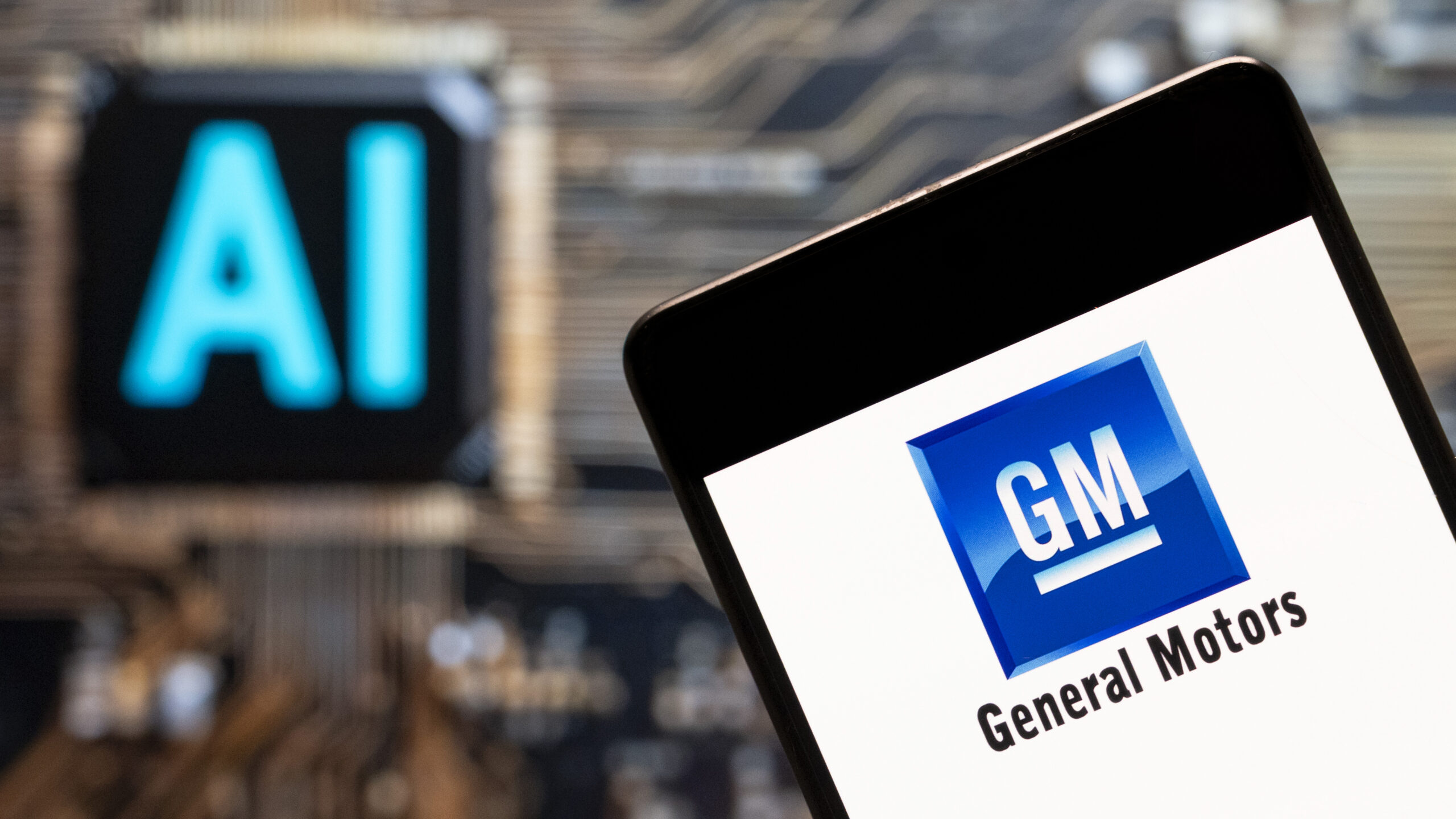Do we want LLMs in our cars? GM thinks we do.
General Motors held a preview event today to show the world what it’s working on. We’ve already seen some projects, like the further development of lithium manganese-rich battery technology or backup power for EVs that can power a home or support the power grid.
The most significant new announcement is that Cadillac will offer an Escalade IQ with a so-called “Level 3” conditional automated driving system in 2028. GM is referring to it as a “hands off, eyes off” system and says it will integrate advanced digital mapping, use of lidar and other systems, and advanced machine learning to handle the driving duties in a controlled environment up to 80 mph (129 km/h).
This means you can theoretically watch a movie from the driver’s seat while your car takes you down the highway to the airport. Over time, the system’s operation areas will expand to cover even more roads, making driving unnecessary in many situations—unless, of course, you like to drive.
“We’re taking a safety-first approach,” CEO Mary Barra said to an audience of journalists at an event in New York City. “You’ll see us roll out much, much faster than what we did with Super Cruise.”
So while the system will be limited to the Escalade at first, GM has made it clear that it wants to spread the system across its lineup. Barra even had the assembled journalists imagine a world in which your car anticipates your needs, takes you where you want to go, and services itself during downtime.
Compared to Mercedes-Benz’s current offering, the advanced level 3 Super Cruise will work at a higher speed, and the team emphasized that the goal is for the system to work in all 50 states and in all weather conditions.
Am I skeptical? Yes. But the company has a new liquid-cooled compute module to help handle the demands of a more advanced system. This would be the most advanced driver assistance system available to consumers in the US, and the company learned a lot through its now-shuttered Cruise autonomous vehicle program.
This new vehicle computer will allow GM to integrate more AI functionality into the vehicle. GM believes that incorporating Google Gemini (and eventually its own system) will help drivers better interact with a vehicle and its functions through natural language processing.
I asked Dave Richardson, GM’s SVP of software, how the company will avoid the enshittification of vehicles as it integrates more AI.
“There’s a lot of hype around AI right now,” he told me. “But there’s also practical use. I’ve been trying to focus the company on practical use cases. I think there’s a lot of pretty compelling things we can do to try to add real value.”
He gave some examples, such as a car knowing you have a meeting and setting the navigation appropriately or knowing that you’re going on a road trip, so it should queue up the appropriate media for your kids to stream in the back seat.
While the company is using Gemini at first, it eventually plans to have its own model on board. “With advanced processing in the car, we can handle interference on board so that it works in low-data-connection areas,” Richardson said.
Ultimately, GM will deploy its own LLM that knows about the car and is limited in overall parameters, Richardson told me. It won’t need to rely on the cloud to operate, increasing responsiveness in the car and keeping personal information with you, he said.
There are reasons to be skeptical, of course. One of my biggest concerns is how much driver data the car will collect. One reason GM doesn’t offer Android Auto or Apple CarPlay, the company has said, is that it wants to protect customer data. The owner must consent to any data sharing, GM said.
And although GM says it has made some internal changes to protect customer data, there have been some very public instances of the company selling data. “Data privacy and security is priority one for us,” Richardson told me about his work at GM. He said he has hired people specifically tasked with ensuring that customer data protection frameworks are in place.
“We have no interest in selling that data to third parties. When we think about data, whether it’s for Super Cruise or the AI, it’s really for us to develop the product and make it better. We don’t want to sell that data as the product itself,” he said.
I believe there’s space for a privacy-focused automaker, and while I’m not sure whether that will be GM, I hope that privacy and data protection are as important to the company in the future as it says it is today.
As for consumers wanting AI in their vehicles? GM thinks they do.
Ars Technica has been separating the signal from the noise for over 25 years. With our unique combination of technical savvy and wide-ranging interest in the technological arts and sciences, Ars is the trusted source in a sea of information. After all, you don’t need to know everything, only what’s important.











